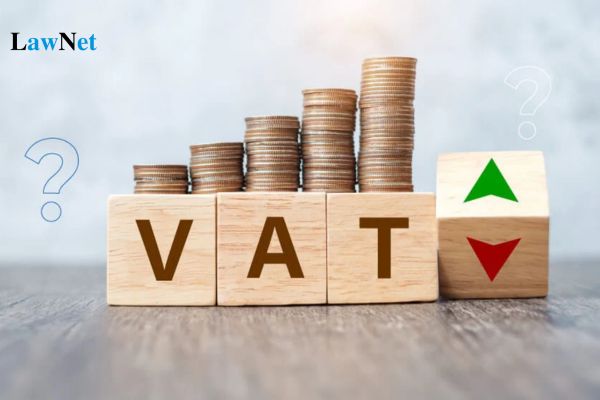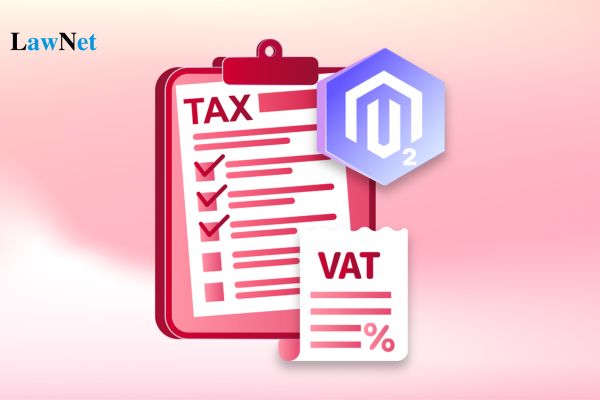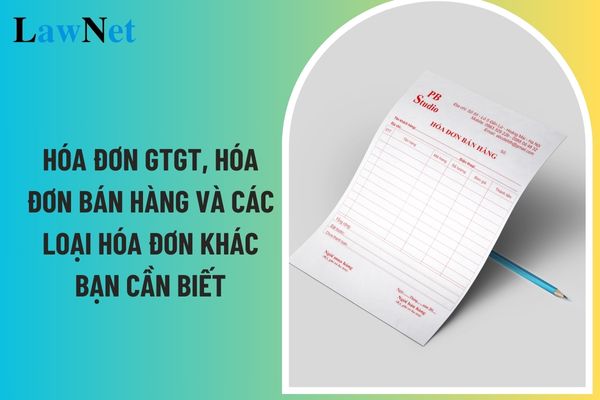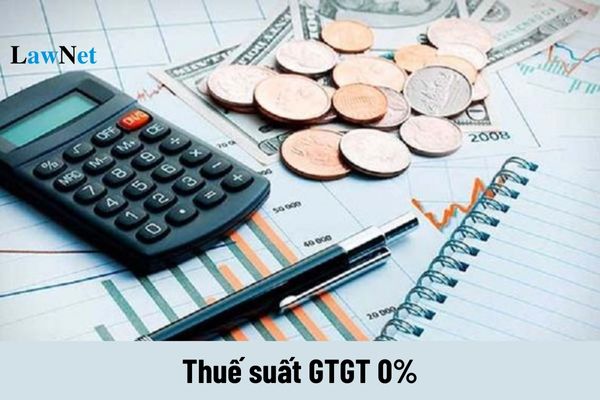In 2025, are VAT invoices under 20 million dong required to have non-cash payment documents to be eligible for input deduction in Vietnam?
In 2025, are VAT invoices under 20 million dong required to have non-cash payment documents to be eligible for input deduction in Vietnam?
Currently, based on point b, clause 2, Article 12 of the Law on Value-Added Tax 2008 (as amended by clause 6, Article 1 of the Amended Value-Added Tax Law 2013), regulations on input VAT deduction state:
Deduction of Input Value-Added Tax
...
2. Conditions for deducting input VAT are as follows:
...
b) Have non-cash payment documents for purchased goods and services, except for goods and services purchased in individual transactions valued at less than twenty million dong;
...
However, this provision has been amended by point b, clause 2, Article 14 of the Value-Added Tax Law 2024 as follows:
Deduction of Input Value-Added Tax
...
2. Conditions for deducting input VAT are as follows:
a) Have a value-added tax invoice for purchased goods or services, or a tax payment document for imported goods, or a tax payment document paid on behalf of foreign parties as stipulated in clauses 3 and 4, Article 4 of this Law. The Minister of Finance shall stipulate the documents for VAT payments made on behalf of foreign entities;
b) Have non-cash payment documents for purchased goods and services, except for some special cases as regulated by the Government of Vietnam;
c) For exported goods and services, in addition to the conditions stated in points a and b of this clause, must have: a contract signed with a foreign party for the sale, processing of goods, or provision of services; an invoice for the sale of goods or provision of services; non-cash payment documents; a customs declaration for exported goods; a packing list, bill of lading, and insurance documents for goods (if any). The Government of Vietnam shall stipulate conditions for deduction for goods exported via foreign e-commerce platforms and some other special cases.
Simultaneously, the 2024 Value-Added Tax Law will be effective from July 1, 2025, except for the provisions on revenue levels of households and individuals engaged in production and business activities that are not subject to tax as stated in clause 25, Article 5 of this Law and Article 17 of the Value-Added Tax Law 2024, which are effective from January 1, 2026.
Thus, from July 1, 2025, it is mandatory to have non-cash payment documents for purchased goods and services, except for some special cases as regulated by the Government of Vietnam.
This also means that before July 1, 2025, goods and services with a VAT invoice under 20 million dong do not need non-cash payment documents for VAT deduction.

In 2025, are VAT invoices under 20 million dong required to have non-cash payment documents to be eligible for input deduction in Vietnam? (Image from the Internet)
What are procedures for input deduction in Vietnam business establishments in Vietnam according to the 2024 Law on VAT?
According to clause 1, Article 14 of the Value-Added Tax Law 2024, business establishments that pay VAT by the deduction method can deduct input VAT as follows:
- The input VAT for goods and services used for producing and trading taxable goods and services is fully deductible, including the input VAT that is not compensated for goods and services subject to VAT but damaged or naturally reduced due to physical and chemical properties during transportation;
- The input VAT for goods and services simultaneously used for producing and trading both taxable and non-taxable goods and services is only deductible for the input VAT of goods and services used for producing and trading taxable goods and services.
The business establishment must account separately for deductible and non-deductible input VAT; if not, the deductible input VAT is calculated according to the percentage of turnover of taxable goods and services compared to the total turnover of goods and services sold;
- The input VAT for goods and services sold to organizations and individuals using humanitarian aid, non-refundable aid is fully deductible;
- The input VAT for goods and services used for oil and gas exploration and development is fully deductible;
- Input VAT arising in any month or quarter is declared and deducted when determining the tax payable for that month or quarter. Any input VAT not fully deducted in a month or quarter shall be carried forward to the next month or quarter.
If the business establishment discovers errors or omissions in the declared and deducted input VAT, they can declare it before the tax authority or competent agency announces a tax inspection or audit decision as follows:
Taxpayers make supplementary declarations in the month or quarter when the erroneous input VAT arises if such declaration increases the tax payable or decreases the tax refundable; the taxpayer must pay the additional amount of tax payable or return the refunded tax and pay the late payment charges to the state budget (if any).
Taxpayers declare in the month or quarter when the error or omission is found if such declaration reduces the tax payable or only affects the carryforward or reduction of deductible VAT to the subsequent month or quarter;
- For non-deductible input VAT, the business establishment can include it in deductible expenses to calculate corporate income tax or in the cost of fixed assets as per the law on corporate income tax, except for the input VAT on goods and services purchased without non-cash payment documents as regulated by the Government of Vietnam;
- The Government of Vietnam details the deduction of input VAT regarding: goods and services forming fixed assets for employees' use; cases of capital contribution by assets; goods and services purchased under authorization for other organizations or individuals where the invoice is in the name of the authorized entity; passenger cars with up to 9 seats; production and business establishments engaging in concentrated production and centralized accounting.
Which entties are taxpayers in Vietnam according to the current regulations?
Based on Article 3 of Circular 219/2013/TT-BTC, the regulation specifies that VAT taxpayers include organizations and individuals producing and trading VAT-liable goods and services in Vietnam, without differentiation by industry, form, or business organization (hereinafter referred to as business establishments), and organizations and individuals importing goods, purchasing services from abroad subject to VAT (hereinafter referred to as importers), including:
- Business organizations established and registered under the Law on Enterprises 2020, Law on Cooperatives 2023, and specialized business laws;
- Economic organizations of political organizations, socio-political organizations, social organizations, socio-professional organizations, armed forces units, non-business organizations, and other organizations;
- Foreign-invested enterprises and foreign entities participating in business cooperation under the Investment Law; foreign organizations and individuals conducting business in Vietnam without establishing a legal entity in Vietnam;
- Individuals, households, independent business groups, and other entities conducting production, business, and import activities;
- Organizations and individuals conducting production and business in Vietnam purchasing services (including services associated with goods) from foreign organizations not having a permanent establishment in Vietnam, or individuals abroad who are non-residents of Vietnam. In this case, the purchasers are the VAT payers, except for services not required to declare, calculate, and pay VAT as guided in clause 2, Article 5 of Circular 219/2013/TT-BTC.
The regulations on permanent establishments and non-resident individuals follow the laws on corporate income tax and personal income tax.
- Branches of export processing enterprises established to conduct trading activities and related operations directly concerning goods trade in Vietnam as regulated by the law on industrial zones, export processing zones, and economic zones.




- Vietnam: How to purchase from the 2025 Trade Union Tet Market online? How much is the labor union fee for members?
- What is the online "2025 Trade Union Tet Market" program in Vietnam? What types of taxes do online sellers have to pay?
- What is taxable income? How to distinguish taxable income and income subject to tax in Vietnam?
- Shall owners of household businesses with tax debt be subject to exit suspension in Vietnam from January 1, 2025?
- What are the changes in tax refund procedures in Vietnam from 2025?
- What tax enforcement measures will be applied for taxpayers that owe tax debt in Vietnam from January 1, 2025?
- What 08 financial, banking, securities trading, and commercial services shall be exempt from VAT in Vietnam from July 1, 2025?
- Are healthcare services and veterinary services exempt from VAT in Vietnam from July 1, 2025?
- What is the total income between 02 declarations in Vietnam? What does the tax declaration dossier for individuals paying tax under periodic declarations Include?
- What are 03 professional and comprehensive 2025 Tet holiday announcement templates for enterprises in Vietnam? Where are the places of tax payment for enterprises in Vietnam?

